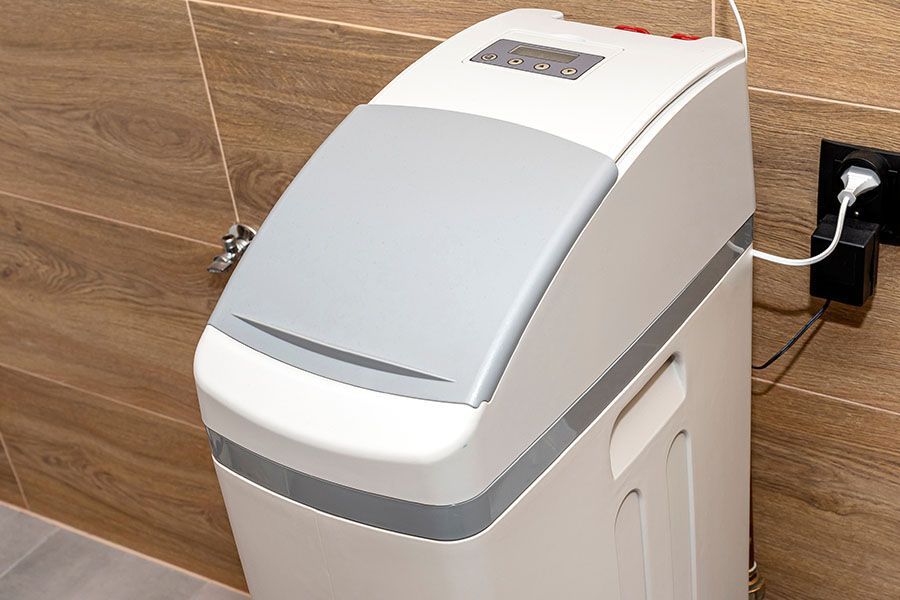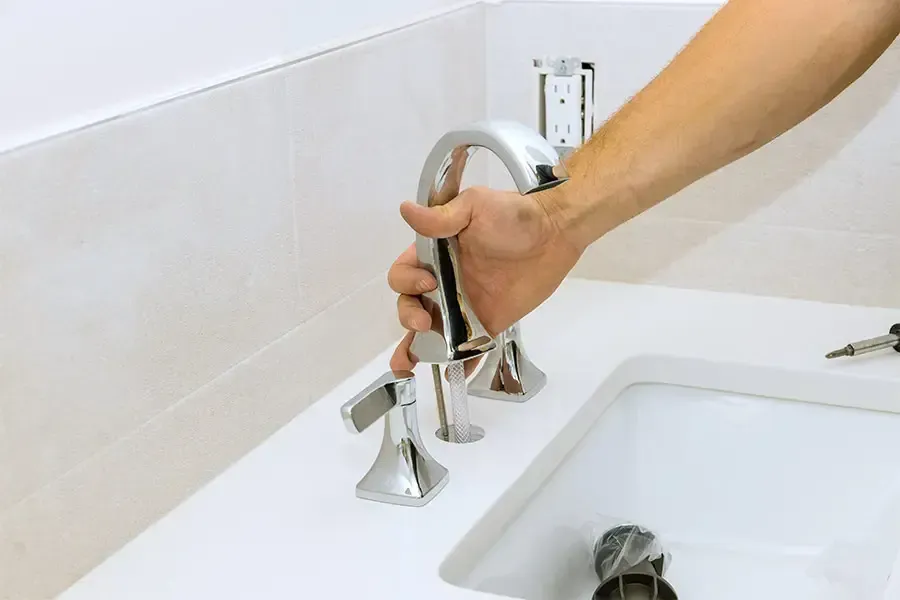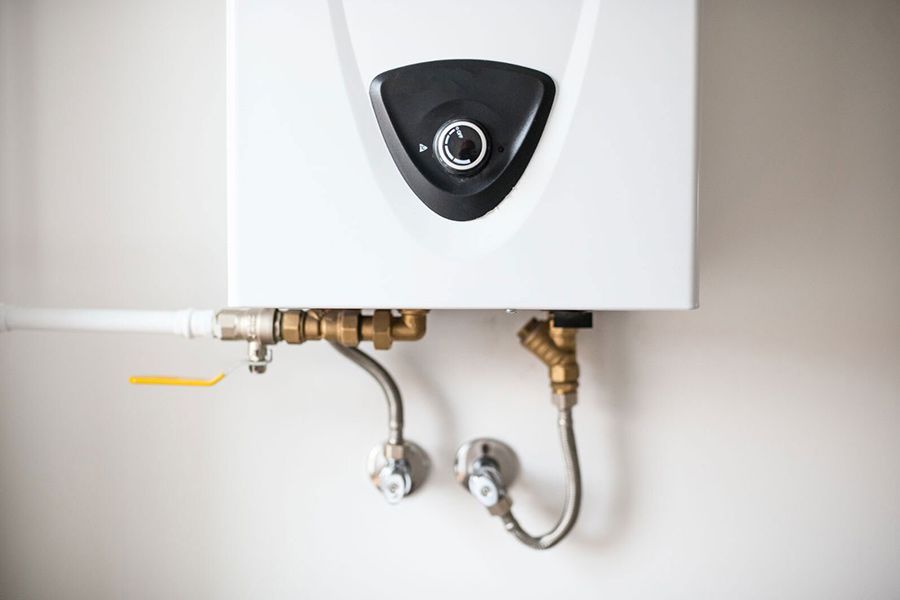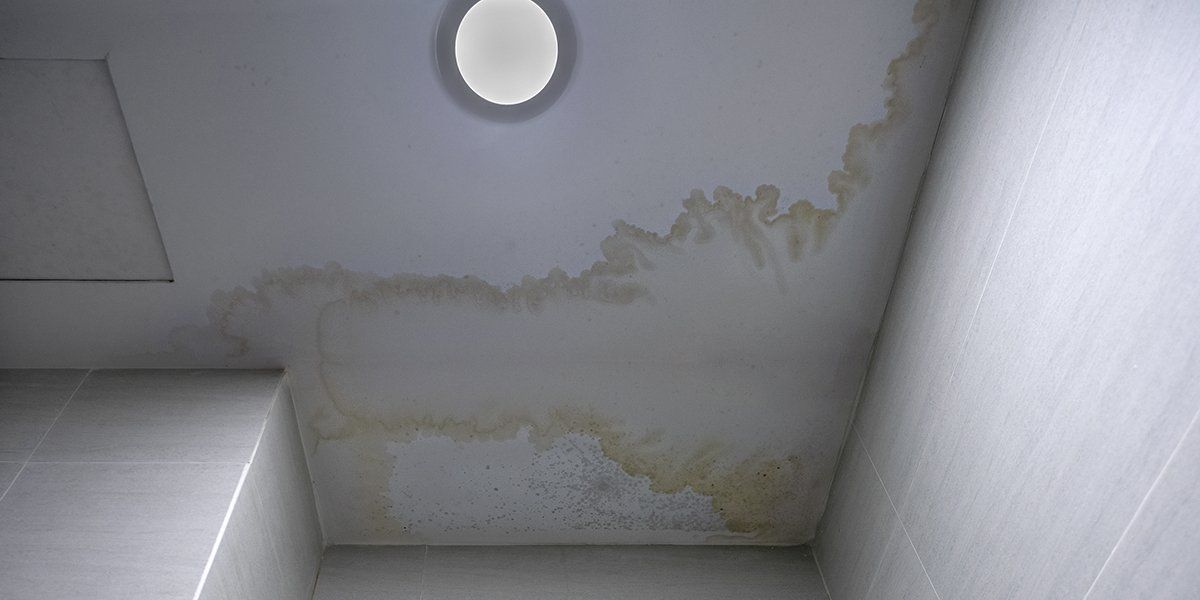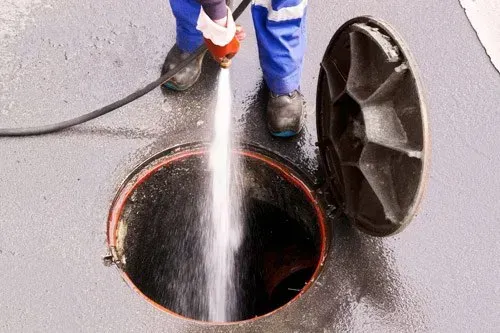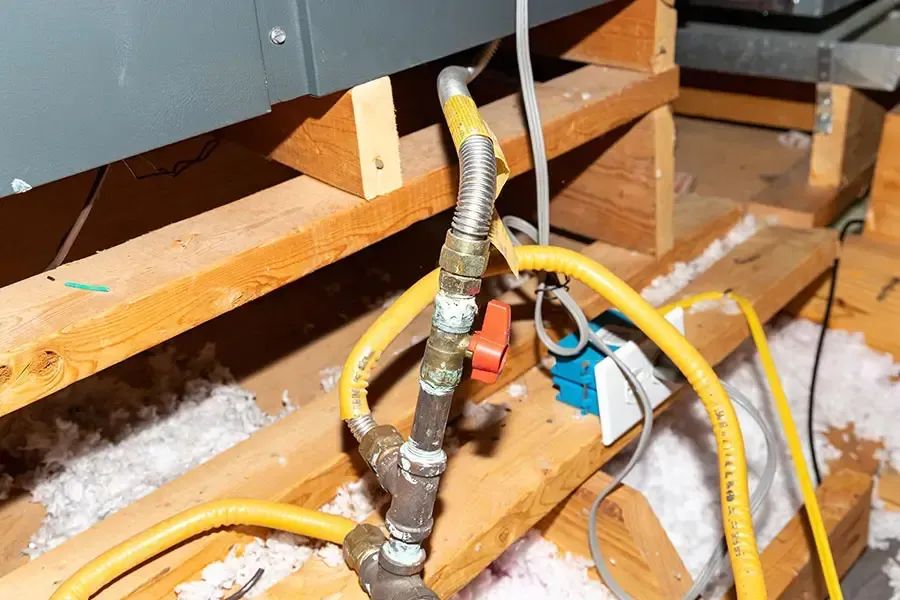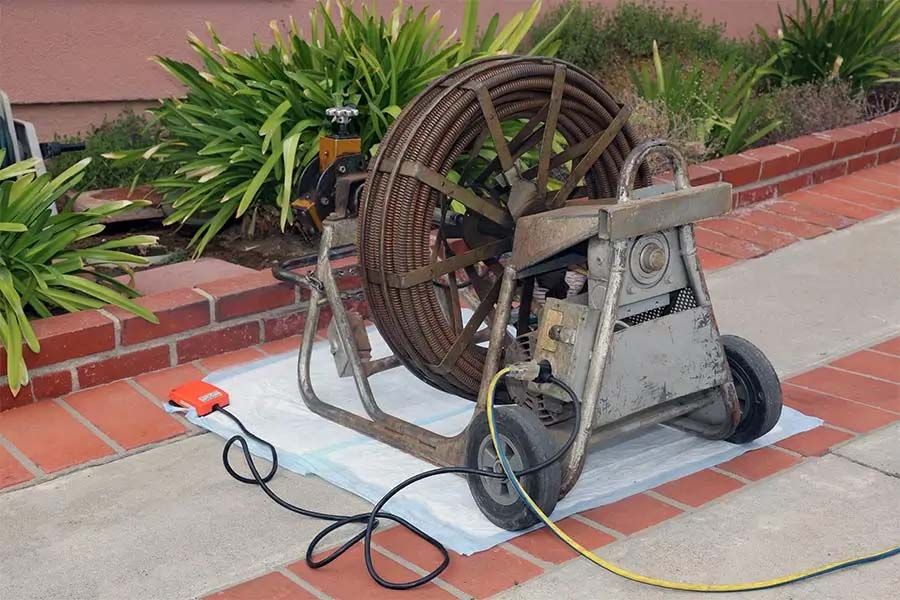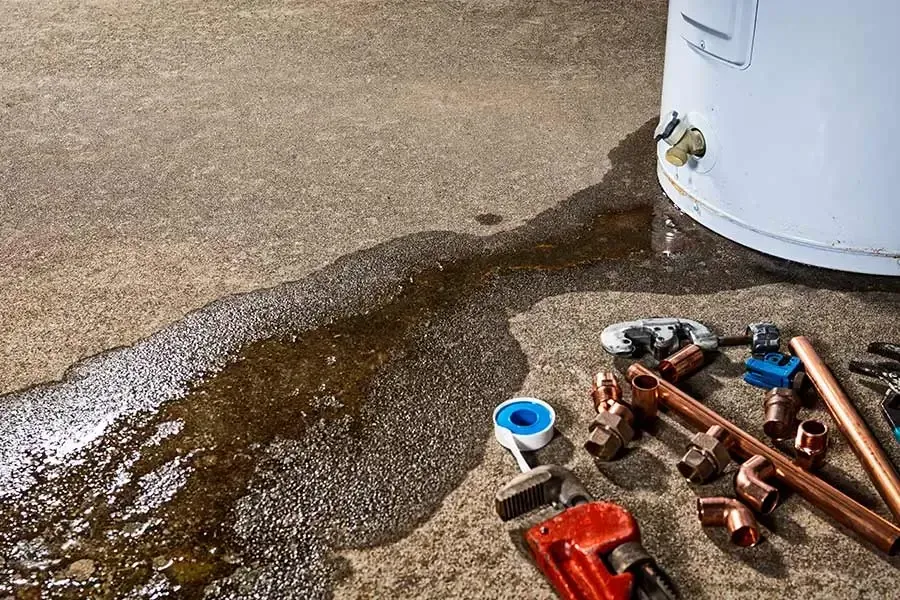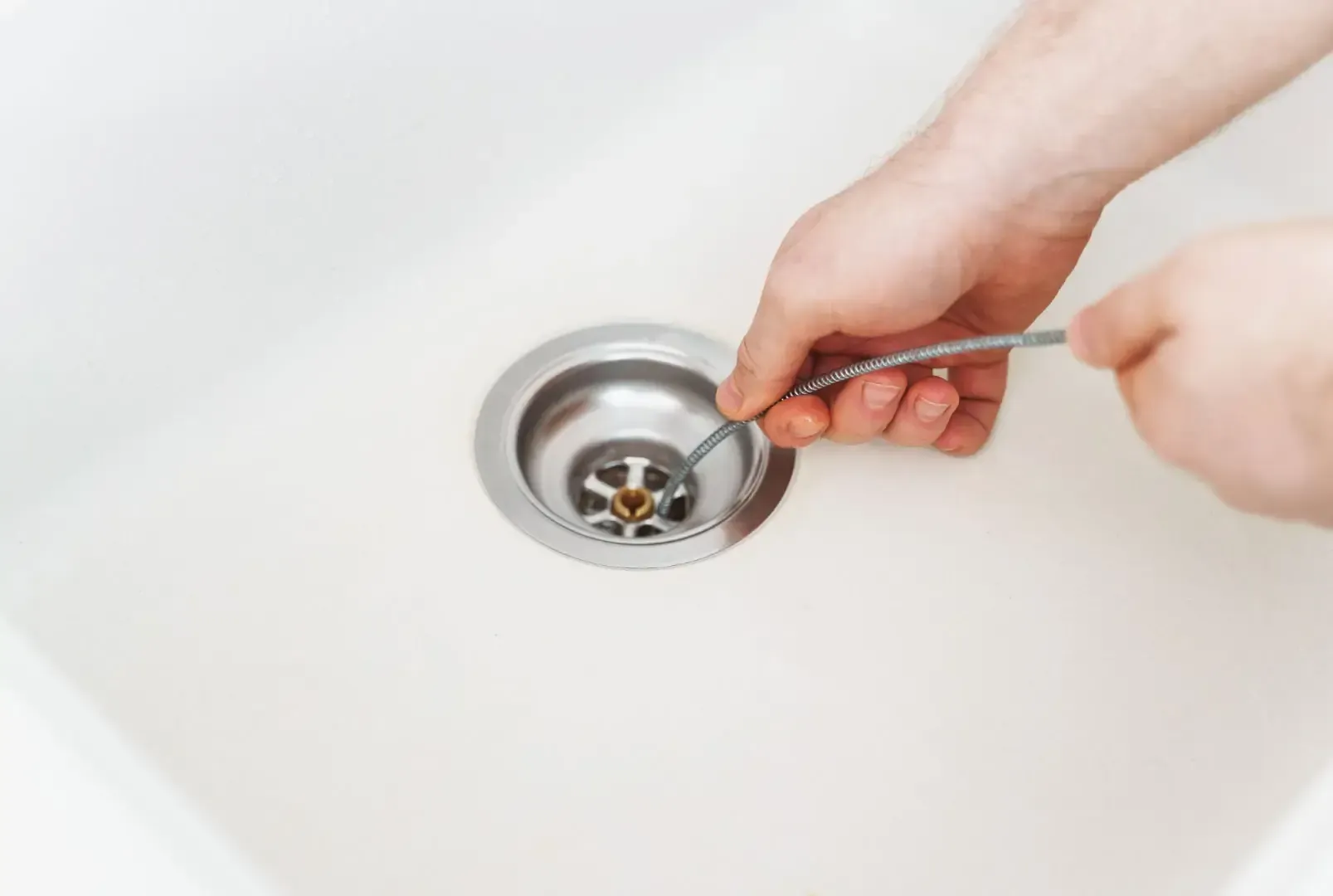How Much Does It Cost to Fix Low Water Pressure in Your Lyndhurst House?
Do you need help with dealing with the low water pressure in your home? Call Formica Plumbing and Sewer Co. at 440-485-3850 for hassle-free solutions.
Few things are more disconcerting than turning on the faucet or shower head only to see the water barely flowing out. However, many homeowners in Lyndhurst, OH, have experienced this problem before.
How much does it cost to fix low water pressure in your house? What are the possible causes? As the expert plumbers in Lyndhurst, you can count on us to provide the details you’re looking for.
Identifying Low Water Pressure
You don’t need any special education to know when the force of the water flowing through your plumbing fixtures has become a lot weaker than usual.
If you find yourself waiting for a minute or more to get a full glass of water when you could usually get it in two seconds, you have low water pressure. This is especially true if multiple fixtures are behaving the same way.
You can also confirm the diagnosis by taking a reading with your water pressure gauge. Connect the pressure gauge to a spigot outside and turn on the valve. The reading should be between 40 and 60 psi. If it’s lower than 40, you have low water pressure.
What Causes Low Water Pressure in Lyndhurst, OH?
Homeowners in Lyndhurst, OH, experience low water pressure for the following reasons:
A Crack in the Water Mains
Did the water pressure in your home suddenly drop out of the blue? It might be a sign of a crack in the main supply line. The cracks are common in older homes because pipes can freeze and thaw multiple times over the winter months here in Lyndhurst, OH.
Broken Pressure Regulator
The pressure regulator does exactly as it sounds: keeping your home’s water pressure from rising or falling beyond the set boundaries. The regulators are easy to adjust, though. Accidentally setting yours too low will lead to a drop in your water pressure. Beyond accidental adjustments, the regulators can also get clogged over time.
Slightly Closed Main Valve
The main valve controls the water flow from your well or the municipal supply line. You can find it in your home around the area where the supply line enters your home. Check the valve to confirm that someone hasn’t closed it partially.
Well Pump Failure
Check your well pump if you get your water from a well and notice a sudden drop in the water pressure. A tripped breaker or a failed motor can stop the pump from running. It may also be that the aquifer is now dry.
Clogged Shower Head or Sink Aerator Screen
The screens in sink aerators and shower head fixtures are there to collect sediment while also dispersing water effectively. If the screens trap too much sediment, your water pressure can drop very low.
Water Heater Problems
Have you noticed the low water pressure only when you’re trying to use some hot water? It’s a clear sign that the problem lies with your water heater. Some of the water heater problems that can cause the issue include sediment buildup, leaks, and partially closed valves.
The Cost of Fixing Low Water Pressure in Lyndhurst, OH
How much does it cost to fix low water pressure in your house in Lyndhurst, OH? The cost of residential water pressure repair can be as low as $100 for minor problems and more than $5,000 for major issues. The factors that will determine the cost of the repair include the following:
The Approach to Diagnosis
If you find out the low water pressure is due to a small clog in a sink aerator or your showerhead, you can remove it yourself. This means you have essentially fixed the issue without paying any fees.
However, if you can’t figure out the problem. You’ll need to call a professional plumber to complete the diagnosis. Plumbers in Lyndhurst, OH, charge between $45 and $200 per hour on callouts for repairing low water pressure in a home.
The Type of Repairs Required
Once the plumber arrives at your property, they will thoroughly troubleshoot the problem and recommend fixes. If the problem only requires minor repairs, such as replacing a damaged pressure regulator, you can expect the low water pressure repair costs to be less than $200 for both parts and labor.
If the drop in water pressure is due to a crack in the supply line, the price for improving water pressure in your home will significantly increase. Your plumber will likely need to replace whole sections of pipework to fix any leaks. This can cost between $300 and $1,800, depending on the pipe material and the length of the section that needs replacing.
In scenarios where the cause of the low water pressure isn’t quite clear, the plumber may recommend installing a water pressure booster. These devices can cost between $60 and $800. Add the cost of labor and you'll likely spend over $1,200 fixing the issue.
The cost of repairing low water pressure is highest if you have to replace your well pump or water heater. They are both complex jobs that cost more than $5,000 when you calculate the cost of the new pump or water heater and the labor required to fix them.
Get Speedy Resolution to Your Water Pressure Problems in Lyndhurst, OH
How much does it cost to fix low water pressure in your house? It depends on the cause of the problem. At Formica Plumbing and Sewer Co., our experienced team can uncover the factors responsible for the low water pressure in your home and implement the most cost-effective fix to get the water flowing again.
We can get the job done in the shortest time possible whether it requires replacing water pipes or changing your well pump.
Are you ready to schedule a consultation? Call Formica Plumbing and Sewer Co. in Lyndhurst, OH, at
440-485-3850 to schedule a consultation.
